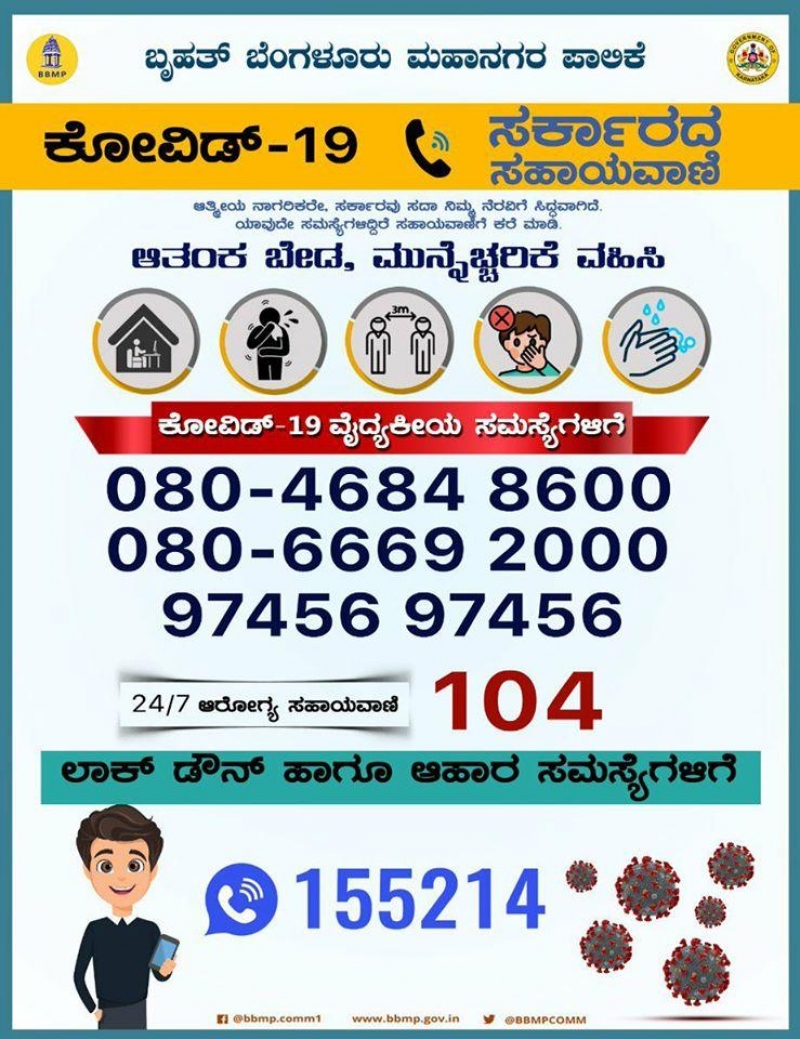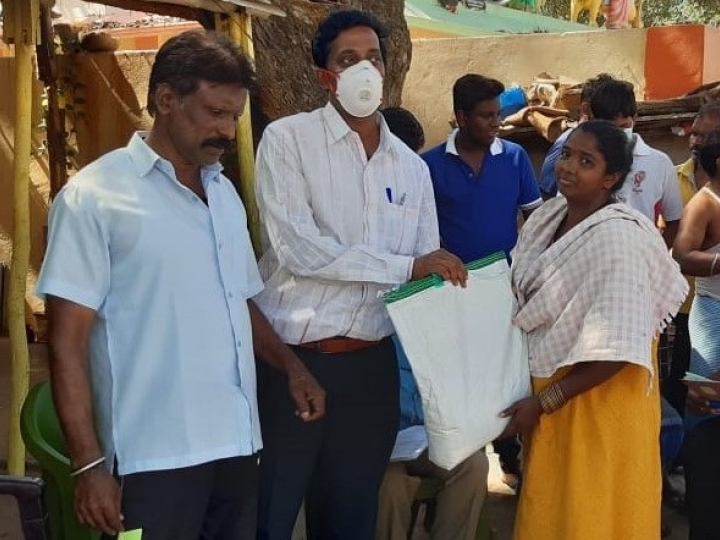The sudden lockdown imposed by the Indian government on March 25th demanded that everyone, in the second most populous country in the world, stay in their homes, a measure that is simply not possible for many of the country’s poor. India’s millions of migrant workers had no other choice than return to their native villages, which has led to the biggest exodus in India since the Partition in 1947, with many migrant workers walking hundreds of kilometers by foot to get to their homes.
The lockdown has hit the informal economy in India hard. With a workforce of 470 million people, where around 80 % work in the informal sector, the lockdown means that daily wage workers and other groups unprotected from labor laws will have no income for at least three weeks as there is great potential that the lockdown will be prolonged. The grave consequences were immediate after the lockdown was initiated and continue to worsen. India’s farmers are standing alone ahead of the harvest season, as agricultural workers have been forced to go back to their villages. Such an impact brought one agricultural worker to express their concern - “If the virus does not kill us, hunger certainly will”.
NHRF’s partners in India and their work in the midst of lockdown
NHRF’s partners in India are working with extremely marginalized groups and communities, where discrimination was already a prominent issue before the nationwide lockdown. Now, with the strict COVID-19 measures in India, we see that these communities are affected particularly hard by the structural discrimination and absence of solutions for these groups. Already vulnerable groups that the NHRF’s partners work with, such as women, Dalits and sexual minorities, are now left with little or no attention in the midst of this crisis. Low-wage earners such as garment factory workers, rag pickers and domestic workers have had little or no possibility to save money.

Although the national lockdown makes it difficult for our partners to carry out planned activities, many organizations in NHRF’s network are creating awareness around the coronavirus pandemic and helping in other ways. Munnade, one of our partners who works with garment workers, has written a letter addressed to the Chief Minister of Karnataka, Minister of Health and Family Welfare and the Minister of Labor, demanding paid leave for garment workers who are now unable to work. The state government in Karnataka has now announced paid leave for all garment workers in the state. NHRF’s partner Jeeva in Bangalore is engaged in raising local resources to support the most vulnerable individuals from sexual and gender minorities, with immediate relief in the form of dry rations – rice, pulses and basic cooking materials, as well as medicines. The HIV+ patients are being contacted and checked on. NHRF's partner JMS Chiguru is working in remote villages in north Karnataka, and are presently negotiating for MGNREGA workers in the villages to be paid their dues, as the lockdown meant that those who had worked in government-run employment guarantee schemes could not be paid. They are also monitoring the health and nutrition support for pregnant women and infants in this period of strife. Sanchaya Nele, another NHRF partner, has raised resources to provide immediate relief to 15 villages, but emphasizes that the lack of supplies, workers and transport make it difficult to mobilize relief in the districts. NHRF's partner The International Dalit Solidarity Network (IDSN), was quick to respond with a statement on the impact of the Coronavirus on Dalit communities in South Asia and later called for action on urgent protection of vulnerable workers in supply chains:
“We strongly urge governments and companies with supply chains in South Asia, to take measures to urgently protect migrant and informal workers, including Dalits, against a loss of income, social benefits, shelter and a means to feed themselves and their families, as Covid-19 measures and repercussions threaten their lives and livelihoods”.
In a country where access to information is limited for many and fake news is widespread on Facebook and WhatsApp, many Indian institutions and organizations have set up information channels and helplines as a response to COVID-19. The Karnataka state government has set up an information channel, giving updates about the coronavirus, and the Confederation of Indian Industry has set up a helpline where businesses who suffer from the lockdown can submit their concerns.
The Norwegian Human Rights Fund is in frequent contact with our partners and network in India, and we are following the situation in the country closely.


